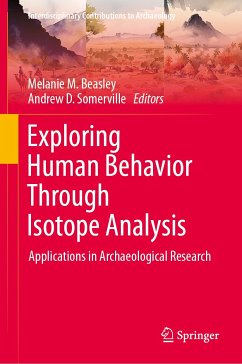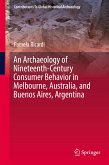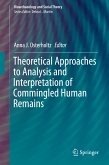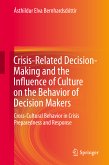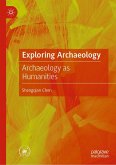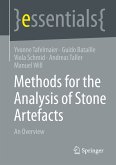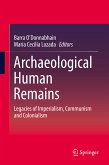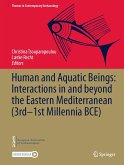Chapters under these themes provide background information on the principles of the techniques and on the theoretical underpinnings of the research; yet they are written with the non-specialist in mind and attempt to convey these ideas clearly and succinctly. In addition to the case studies and reviews, three chapters provide greater context to the field of isotopic archaeology, discussing its history, basic principles, and future potential. The volume aims to serve as a reference source for students and practicing archaeologists seeking to apply isotopic studies to their own research projects or to act as a reader for courses in archaeological science.
Chapter 6 is available open access under a Creative Commons Attribution 4.0 International License via link.springer.com.
Dieser Download kann aus rechtlichen Gründen nur mit Rechnungsadresse in A, B, BG, CY, CZ, D, DK, EW, E, FIN, F, GR, HR, H, IRL, I, LT, L, LR, M, NL, PL, P, R, S, SLO, SK ausgeliefert werden.

